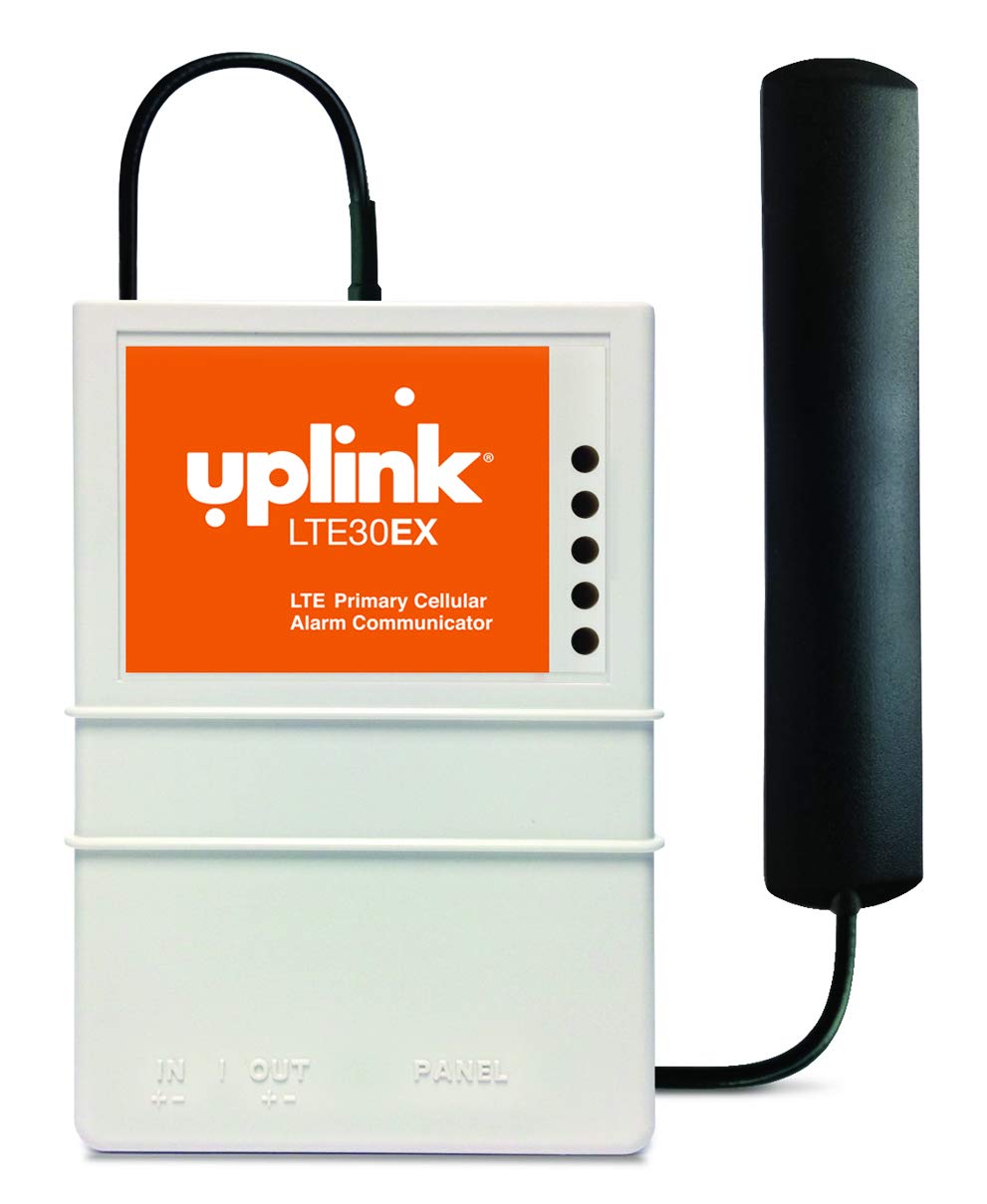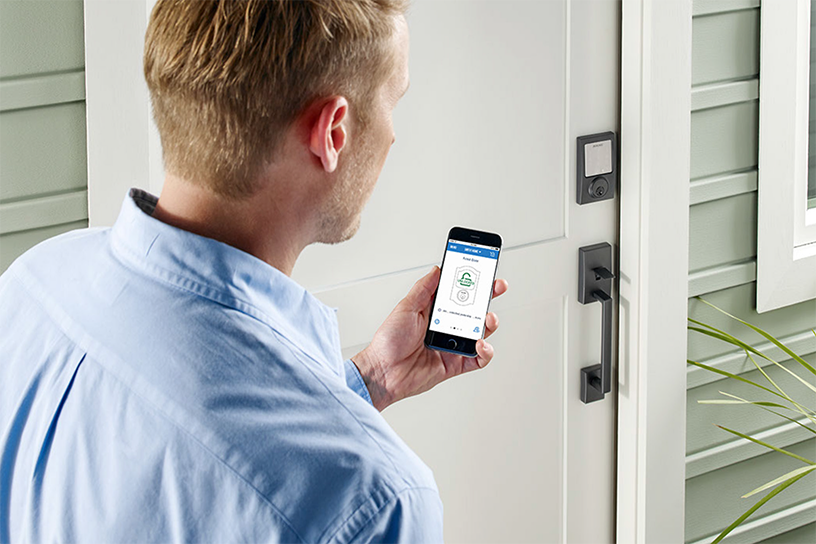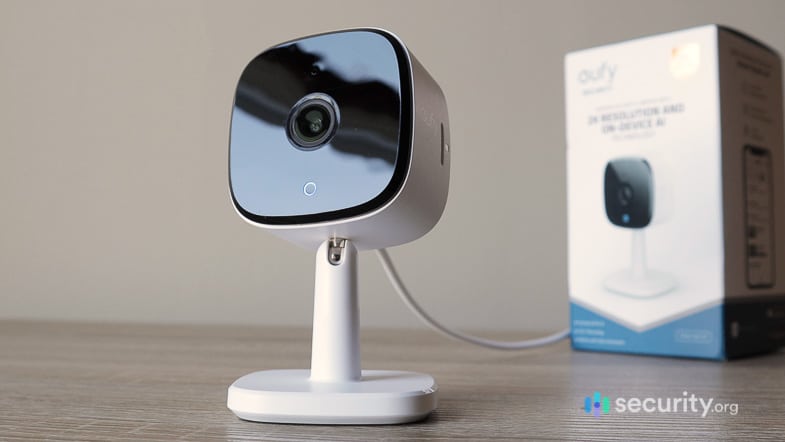
Security and automation in your home can improve its energy efficiency, security and comfort. With the right system in place, you can easily lock doors and windows, get alerted when someone comes into your house, trigger motion sensors to let you know if you're going to be home alone after dark, and adjust lights or other features on schedules.
How does home automation work?
The majority of home security systems are controlled by a central hub that is connected to various sensors, such as door, window and other sensors, which detect whether a particular entryway is open or shut. Also, they can be used in conjunction with entertainment systems and lighting to create a whole-home automated system. These systems are ideal for homeowners looking for a one-stop solution to their home automation and security needs. They can also be used by those who have an existing home automation system and want to add automation.
How to choose an automation and home security system
Understanding your goals is the first step to choosing a home automation and security system. There are many different options. From simple sensors that detect if the door is open, to more advanced systems allowing you to control anything from your music player to your thermostat.

When you're ready, we'll guide you to the system that best suits your specific needs. Then, we'll set up the entire system so that it works seamlessly and securely.
You can automate all the features of your smart home including lighting and other features with just a touch or by using voice commands through a personal assistance such as Google Home or Amazon Echo. Even lights, thermostats and devices can be programmed to automatically turn off or on during certain hours of the day.
Convenience
A smart home allows you to easily control appliances and other devices from your smartphone, tablet or PC at any time. You can play your favorite music or turn the lights on while you're on a long flight and even check in with your kids while they're home alone via video feeds.
Enjoy improved comfort
Another big benefit of home automation is that it helps you stay comfortable in your home when you're not there. Smart thermostats can save you energy and help keep your family healthier by maintaining a moderate temperature. Dimming lights after 10pm will also reduce eye strain at night.

It can be programmed so that it goes off at certain times. Smart smoke detectors are also programmable to send you an alert if they detect smoke at your home.
Getting Started
An automated home system is a smart investment. It is easy to set up and operate. You can use a wide range of devices to automate your home. They are all compatible with existing systems.
FAQ
What is your number one home security product?
Ring Video Doorbell Pro is our number one home alarm system. You can use your smartphone to talk to and see any person at any time, from anywhere. You can also record video footage and share it with family members and friends via text message or email.
What security system would you recommend?
The best security system depends on the value you place on your home. A basic alarm system is a good option, but it doesn't provide enough protection. Or you can get a more advanced one which offers better features like remote monitoring, video surveillance, and access control.
What does it cost to have a great home security system installed?
A good home security system can cost about $2,500. This may seem like a lot of money, but it is actually very cheap compared to the peace of mind you'll gain by having a safe and secure home.
Which is better: home security cameras or home security systems?
Home security systems work better than home security cameras, as they can detect sounds and movements even when no one is in the area where the system is installed. On the other side, home security cameras are much cheaper than home alarm systems and can be easily mounted to windows and doors.
What is the best home surveillance system?
If you want to protect your family from intruders, then you should consider buying a home security system with cameras. These systems are very easy to use, and provide many benefits for homeowners and renters. They allow you to monitor your home remotely from any smartphone, tablet, laptop, or other mobile device.
What are the differences between home security systems?
You need to assess the level of threat in your community. If there is a lot crime in your area, you may want an alarm to sound when someone enters your home. You might not need as many security measures if you live in a rural location with few burglaries.
You should also think about whether you're willing to pay for extra features. Some systems have built-in cameras, while others don't. Some systems let users remotely monitor their homes, while others require them to be physically present in order for you to see the footage.
Statistics
- Cove sets you free without punishing penalties and fees, unlike other security solutions that charge 75% to 100% of your remaining contract. (safewise.com)
- Unlike other online safety services that charge up to 100 percent of your monthly fee, Cove charges no upfront fees and has no hidden costs.
- Related questionsHome security systems that are 100% DIY (safewise.com)
- (In my experience, the discount on my home insurance covered about 25 percent of the subscription of an average plan, but your mileage may vary depending on your location and the size of your home.) (theverge.com)
External Links
How To
What to Look for in a Home Security Monitoring Service
There are many things you should consider when selecting a home security monitoring service. You must first make sure they know what they're doing. Ask around and see if any others have used this provider. If they aren't recommended, don't use them. Ask your family and friends if they would recommend this company. This allows you to receive honest feedback from actual users of the services. Go online to read reviews. Check out their website. Check out customer reviews and complaints. Take a look at negative comments and find out why they were written. This could indicate something negative has happened to a customer.
Next, you need to get references. Call past clients and find out what they thought about the service. How satisfied were they with the quality work? All went according to plan. Verify that the company you used was trustworthy and reliable. They did not just give you a price and then disappear.
Next, ensure that your company is insured and licensed. If anything happens to your property while on vacation, an insurance policy will pay for it. So that you don't have worry about calling them during office hours, the best companies offer 24/7 emergency service.
You should also check if maintenance and installation are included in the contract. These services can be expensive, so it is common for companies to charge additional. This is because maintaining and installing equipment can take time and money. However, some companies only provide basic monitoring services, which isn't enough for most homeowners.
Finally, make sure that the company's prices are reasonable. You shouldn't be paying too much for a substandard product. Compare apples to apples when comparing different providers. For example, if one provider charges $150 per month for basic monitoring, another provider might charge $200 per month for the same service. It is important to shop around to find the best price for your service.